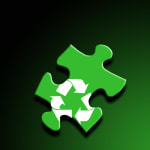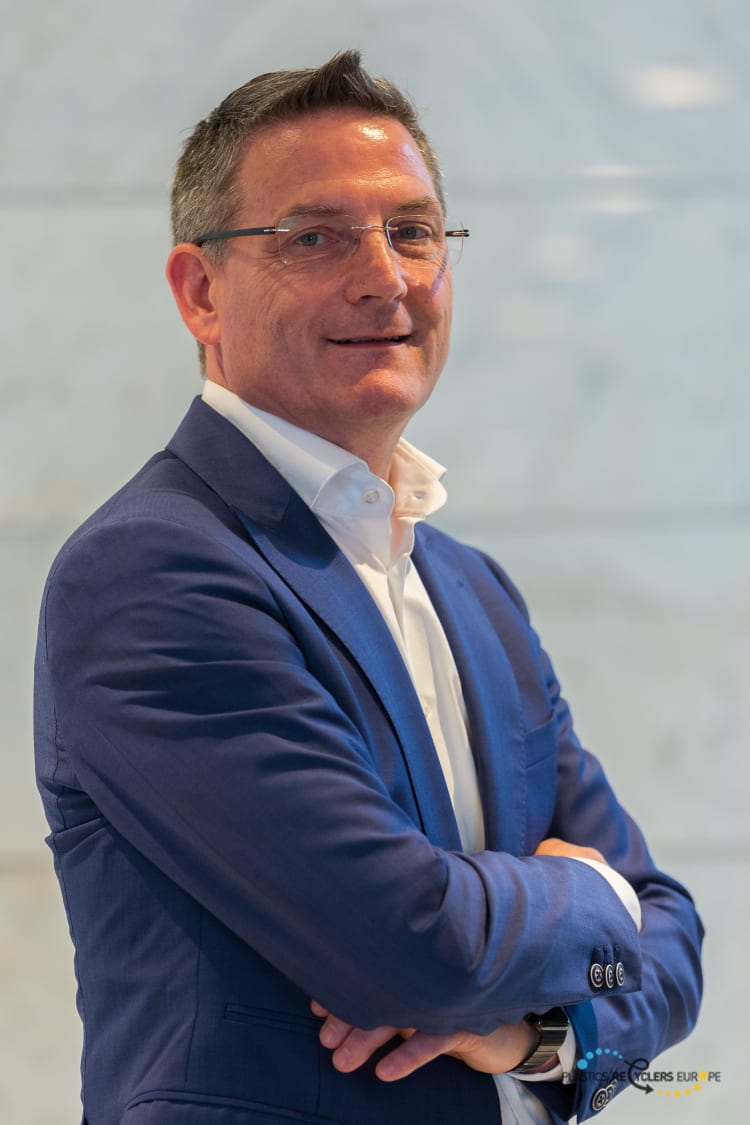
Interview with Ton Emans, CEO of Plastics Recyclers Europe.
What is the state of affairs in the plastics recycling industry in Europe?
Plastics recycling in Europe established itself, over the past decades, as one of the important tools in solving the plastic waste crisis. Being one of the best alternative feedstocks to virgin plastics it reduces Europe’s dependency on natural resources while decreasing CO2 emissions by up to 90% when compared to the primary material.
With innovation and technological developments we have achieved today high-quality recycling which enables us to produce high-end products with recycled plastics having almost the same properties and characteristcis as the products with virgin plastics.
The figures show that over the past two decades plastics recycling has been steadily growing and just within 4 years it grew by more than 65%.
Back in 1996, the total installed recycling capacity was estimated, roughly, at 200.000 tonnes. Today it equals over 8.5 million tonnes.
Beverage bottles and trays (PET), flexible plastics (LDPE), and containers (HDPE) are the plastic waste streams with the highest collection and recycling rates in Europe.
Although there are some differences in systems, performance and availability of infrastructure across the EU countries, there is a growing trend toward sharing and using best practices and new technologies to further increase the quality, efficiency and effectiveness of plastic recycling processes.
Can you reflect on the recycling practices of the past 10 years?
Recycled plastic satisfies the same, or similar requirements as virgin materials today.
Recycling emerged back in the 1980s with in-house, post-industrial waste recycling and soon expanded into reprocessing post-consumer waste. A good example here is the recycling of flexible plastics (LDPE), where in the past only commercial waste was recycled, and the recyclates used back into the niche and rather low-end applications whose life-cycle would end after being recycled only once.
Today post-consumer recycling is already an established practice with high-qualities available and high-end applications which means that, for example, flexible packaging coming directly from your home is now turned back to the same or similar products and can be recycled many times over. Recycled flexible packaging is used also in the construction sector to produce, for example, protective and waterproofing membranes.

Ton Emans, CEO of Plastics Recyclers Europe
Where do you see our industry 10 years from now?
Plastics recycling is part of the puzzle of solving the plastic waste crisis. Surely, it cannot play its role alone but rather must work hand in hand with solutions like prevention, reuse and design for recycling.
As long as Europe is among the leading players in driving circular economy, the recycling capacity and output are set to grow.
The future growth of the installed capacities will vary depending on the type of waste stream but, taking into considerations the EU recycling targets, these numbers are set to substantially expand.
For example, the polyethylene (PE) stream has one of the highest potentials to reach the EU recycling targets. In particular, flexible plastic recycling is projected to triple by 2030 if the additional collection and high quality sorting tonnages are unlocked and other bottlenecks are overcome. It means that it could substitute even 36% of the virgin demand.
Increasing value chain collaboration and initiatives are also contributing greatly. For instance, the Circular Plastics Alliance brings together key actors in efforts to boost the uptake of recyclates in the EU.
New developments like chemical recycling must support this sustainability, quality and efficiency-driven approach in improving plastic waste management with a balanced and a transparent approach as the goal.
Given all that, the recent positive changes in the market are cause for optimism when it comes to plastics recycling and its future.



